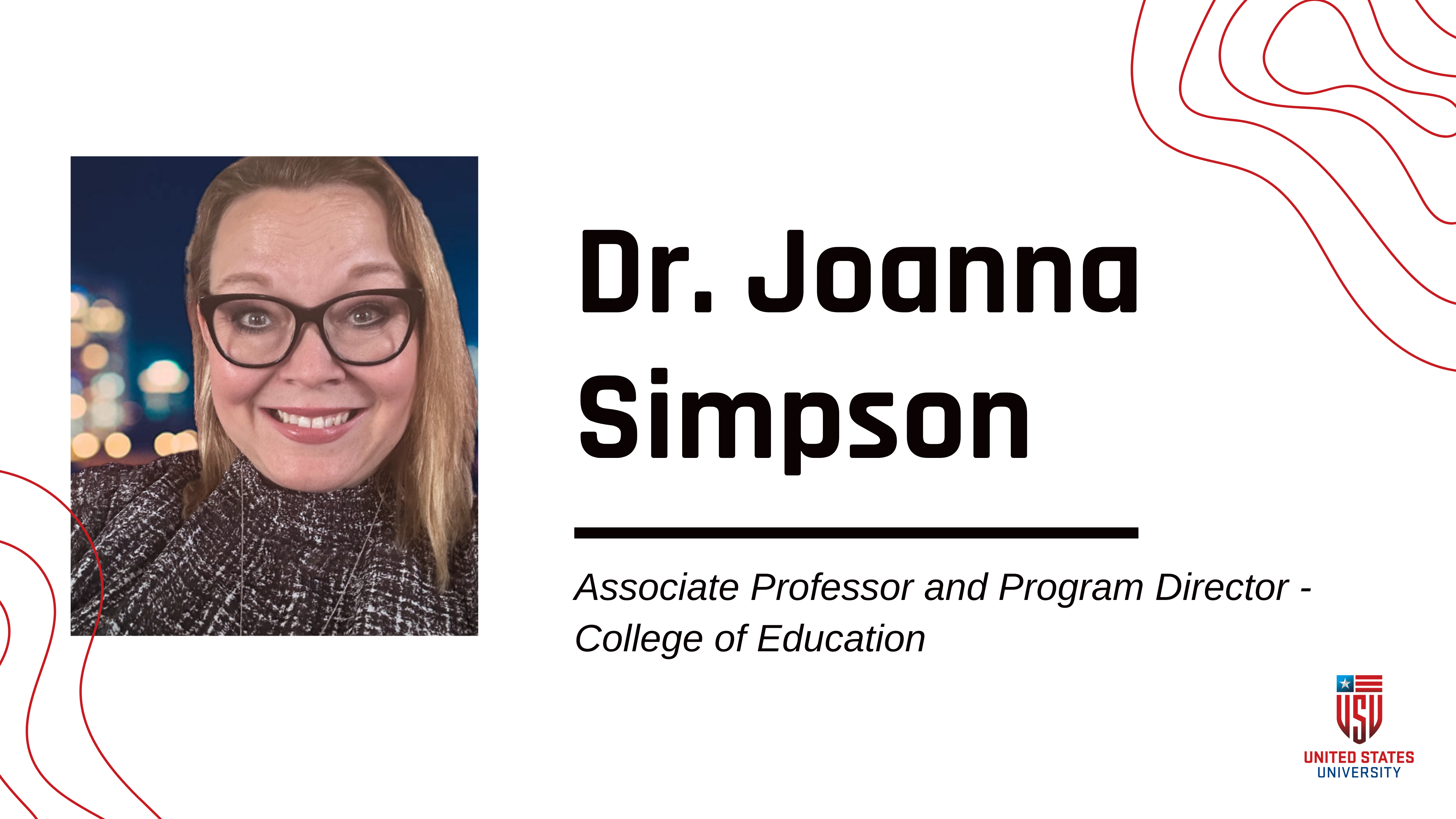ANCC vs. AANP: Which FNP Exam Should I Take?
Finally, the time has come! As you prepare to graduate, and before you begin the hunt for your first job, you need to take your FNP exam. The FNP exam is required to apply for your state license. Unlike the NCLEX, there is more than one exam for FNP credentials. So, you’re probably wondering, which FNP exam should I take? But, don’t worry, we can help you decide which exam is the best fit for you.
Once you finish your FNP program, you need to decide which FNP exam you should take. There are two main certifying bodies - the American Nurses Credentialing Center (ANCC) and the American Association of Nurse Practitioners (AANP). For the most part, the exams are similar, and both will certify you to practice as an FNP.
First, it makes sense to look at the certifications offered for primary care NPs. Both the ANCC and AANP offer an FNP exam. Depending on your program, you may want to consider one exam over the other.
Which FNP exams are offered by ANCC versus AANP?
Primary care/specialty NP Certifications through
- ANCC (-Board Certified or -BC)
- AGPCNP-BC: Adult-Gerontology Primary Care Nurse Practitioner
- FNP-BC: Family Nurse Practitioner
- PMHNP-BC: Psychiatric Mental Health Nurse Practitioner
- AANP Certifying Board (-C designation)
- AGNP-C: Adult-Gerontology Primary Care Nurse Practitioner
- FNP-C: Family Nurse Practitioner
- ENP-C: Emergency Nurse Practitioner (specialty certification for FNPs working in the Emergency Room Setting)
Next, let’s break down each individual exam. Remember they both will certify you to work as a family nurse practitioner, so both roads lead to the same destination. Although each exam is covering the same basic information, it is presented differently, with varying price points, total time allowed for each exam, and formatting.
ANCC Basics
All the ANCC certifications are $395. However, if you are a member of the American Nurses Association (ANA), you can get a $100 discount. So, with the discount, you pay $295. Per the ANCC website, you have 3.5 hours to answer 175 questions, which include 25 pretest questions that are not scored (a total of 150 scored questions). You will learn if you passed at the end of the exam. You will also receive a letter that details how you scored in the different categories. The scoring is more complex, with some questions being weighed more than others. Check out the breakdown here.
The FNP-BC exam has an emphasis on policy, advanced research, and nursing theory. The four main topics for questions are:
- Assessment
- Diagnosis
- Clinical Management
- Professional Role
Clinical management accounts for 43% of the questions, which makes it the largest subject area tested. However, this is likely to change. ANCC has a page where they review the current test content, and many review courses can help you pass the ANCC exam. If you do not pass, there is a 60-day waiting period before you can retest.
ANCC certification is the original certification and at one point, it was the preferred exam for some healthcare clinics. Things have changed and now both exams are equally accepted throughout the job market.
AANP Basics
The AANP certification costs $315 for non-members and $240 for AANP members for online applications.
The FNP-C exam focuses more on the clinical aspect, including assessment, diagnosis, plan, and evaluation. The topics that AANP tests are more general than ANCC, and are broken down into three categories:
- Graduate core competencies
- APRN core content
- FNP population focus
The exam has 150 questions, 15 of which are pretests and do not count towards your final score (a total of 135 scored questions). You have three hours to complete the exam. You will receive a preliminary score report once you finish the exam. However, you will be mailed an official pass/fail certification letter, which also takes into account your transcripts and other requirements. Although, if you fail, you will need to do continuing education to be able to retake the exam.
Which FNP exam should I take? Comparing The ANCC And AANP Exams
Similarities:
- Require current, active RN license in the US
- Master’s, post-graduate certificate, or DNP from an FNP program
- Three separate, comprehensive graduate-level courses in pathophysiology, health assessment, and advanced pharmacology
- Once certified, valid for five years
- Receive your score upon completion of the electronic exam
Differences:
- Requirements to recertify
- Requirements to retest if you fail your exam
- Question categories and topics tested
- Testing environment - testing center vs. proctored online exam (ANCC)
Depending on your specialty within your NP program, you may not have a choice in which exam you take. For FNP, both credentialing bodies offer the exam so you will want to look into which fits better with your budget, preparation, and recertification requirements. ANCC has more detailed information regarding questions and test information on their website, but the AANP exam is shorter and slightly less expensive.
Ultimately, either exam will further you on your path to working as an FNP, so take the time to decide which is the best fit for you. The question, which FNP exam should I take? should be asked less frequently as the FNP role continues to develop and grow. Luckily, many healthcare settings no longer exercise a preference for one certification exam over the other. So it’s entirely up to you to decide which exam makes more sense for your situation.
Want to learn more about the world of an FNP? We invite you to check out the USU Trailblazers blog for more FNP-related articles that will provide career insights and other relevant info. Just the same, if you’re a student thinking about nursing school, or already a nursing school student (or even if you’re a current practicing nurse!), check out United States University’s FNP program if you’re interested in pursuing a stellar career jam-packed with perks and opportunities.
Alex lives in Southern California and has spent her decade-long nursing career in cardiac critical care and loves all things heart-related. She’s currently a pediatric ICU nurse in Los Angeles and has worked in both adult and pediatric cardiac surgery as well as the cardiac cath lab. After getting her degree in immunology and genetics from UCLA, she studied nursing at Mount St. Mary’s University. As a mom to five in her blended family and married to her firefighter husband, her house is generally chaotic. When not at the hospital Alex loves traveling with her family, surfing, and doing her kids’ laundry.



